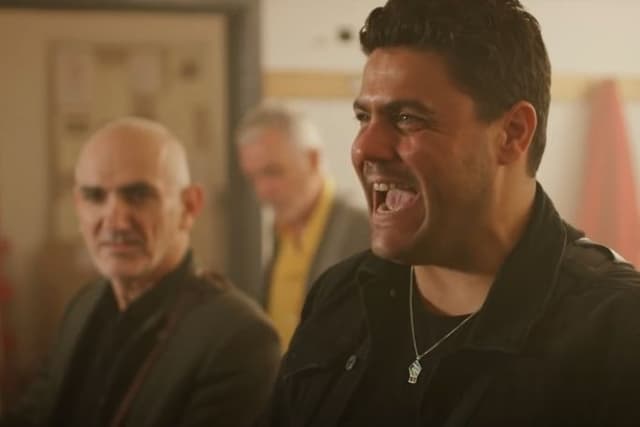
The Final Quarter - Understanding The Theme Song
Lesson3 of 4 in this unit
SecondaryYear 9 - 10EnglishHumanities and Social SciencesAboriginal and Torres Strait Islander Histories and CulturesThe ArtsMusicSocialEqualityHuman RightsIndigenous EducationSocial Action
Summary
Lesson Guides and Printables
Lesson Plan

Student Worksheet

Teacher Content Info
